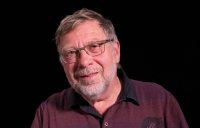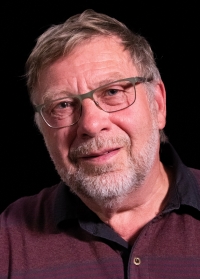They were a bunch of former foreign soldiers. They wanted to hijack a plane and fly to the West

Download image
Petr Misík was born on 28 October 1947 in Mladá Boleslav. His father was Karel “René” Misík, holder of the Czechoslovak War Cross and other awards. This veteran of the Western Front went through the fighting in the Middle East and the siege of the port of Dunkirk, and eventually reached Pilsen with General Patton’s American army. After the communist takeover, the Misík family met with the families of other veterans of Czechoslovak Army in the West and together they planned their escape to the West. However, the plans never came to fruition because an agent provocateur infiltrated the group, and in 1958 the authorities arrested nineteen people. Karel Misík was sentenced to twenty-three years in the third correctional group. He was released after eight and a half years in 1966. His parents divorced soon afterwards and his son Petr moved to Prague after graduating from high school in 1968. As a prop man at the Barrandov Studios, he experienced the invasion of the Warsaw Pact troops and the onset of normalisation. In 1971 he returned to Mladá Boleslav and worked in the street light department of the Technical Services until the end of the communist regime. During a holiday in Berlin, he witnessed the fall of the Berlin Wall. On 20 November 1989, he reversed the until then peaceful course of the annual meeting of the company’s Revolutionary Trade Union Movement (ROH) and was elected the new chairman of the committee. After the revolution he founded an electrical installation company.

